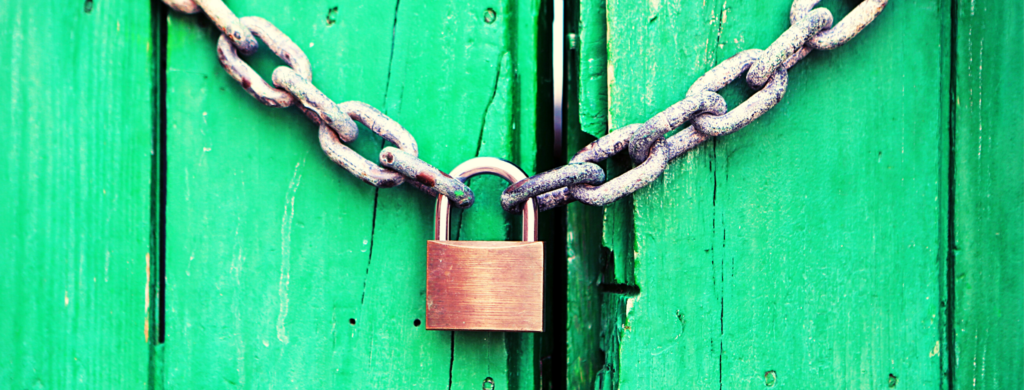
Let’s go ahead and get this out in the open: I’m a Liberal. (full disclosure: I’m more of an anarchist in my home, and I’m registered Independent, but at the national level I believe in a collaborative effort to ensure the health, welfare, and education of all people.)
(Quick Note: I promise this post isn’t about US politics, but the following experience was my inspiration for writing it…)
The election results have been difficult to sit with. Because equality and civil rights are important to me. And I’ve come to understand why silence is violence.
Recently I published a post on my personal Facebook page to state that I do not want to be friends with anyone who voted against the life and rights of me and my loved ones.
(Quick Note: I think the word “friend” is a trigger here. There are different levels of connection with people. When I think of “friends,” I think of those close to me. As I specified to a real-life friend on the post “Instagram and LinkedIn are less personal than Facebook. [Facebook] nurtures deeper connections, and administers deeper wounds from unsafe people.”)
I received a comment from someone who minimized my values as a matter of opinion, and then reminded me that I’m a coach, a mentor, and a guide… as if that means I’m not supposed to set boundaries (on my personal Facebook page).
I disagree.
(Quick Note: It’s a fact of life that relationships change, and sometimes they end altogether. I accept that. It’s pretty much at the heart of my work as a divorce coach.)
Now I want to be very clear: I am in no way advocating for the harm or intimidation of anyone.
I’m all for open discussion, respectful communication, and listening to alternate points of view. But that doesn’t mean I have to be friends with everyone.
I’m a firm advocate for productive divorces and peaceful conflict resolution. And it’s important to note that the processes to achieve such outcomes are structured. There are rules in place to ensure respectful exchange. It is not required that participants be friends.
My ex-husband and I are friendly. We text each other on our birthdays and sometimes on holidays. I checked in with him when Covid-19 hit our area. I’ve even done work as a consultant for his business.
But we are not Friends On Facebook. In fact, I have him blocked.
I do not have to be friends with anyone. And neither do you.
Boundaries are important.
They keep you safe.
And they keep you sane.
➡️ Sometimes boundaries are necessary because connection is painful.
➡️ In other cases, boundaries are necessary because those who love us can give bad advice.
➡️ And sometimes boundaries are necessary because certain people and situations just aren’t safe.
Some Examples of Boundaries:
- Changing the locks to your home.
- Not looking at your phone after 8pm.
- Not engaging with someone who is committed to misunderstanding you.
- Disconnecting a call when the conversation escalates to name-calling.
- Building a privacy fence around your yard.
- Not talking about politics at the dinner table.
- Moving yourself and your children to a shelter.
- Stopping after 2 glasses of wine.
- Divorcing someone with incompatible goals and values.
- Unsubscribing, disconnecting, or blocking on social media
“It is necessary, and even vital, to set standards for your life and the people you allow in it.”
-Mandy Hale
There is no shame in protecting yourself, especially when you are feeling wounded or particularly tender.
Check in with yourself. Know your values. Know your goals. Be aware of your limits. Set your boundaries. Then enforce them, and renegotiate as necessary.
And yes, if you feel the need to set a boundary by unfollowing/unsubscribing from me, I accept and respect that. And I wish you well. I’m also open to a respectful private dialog if you so desire.
